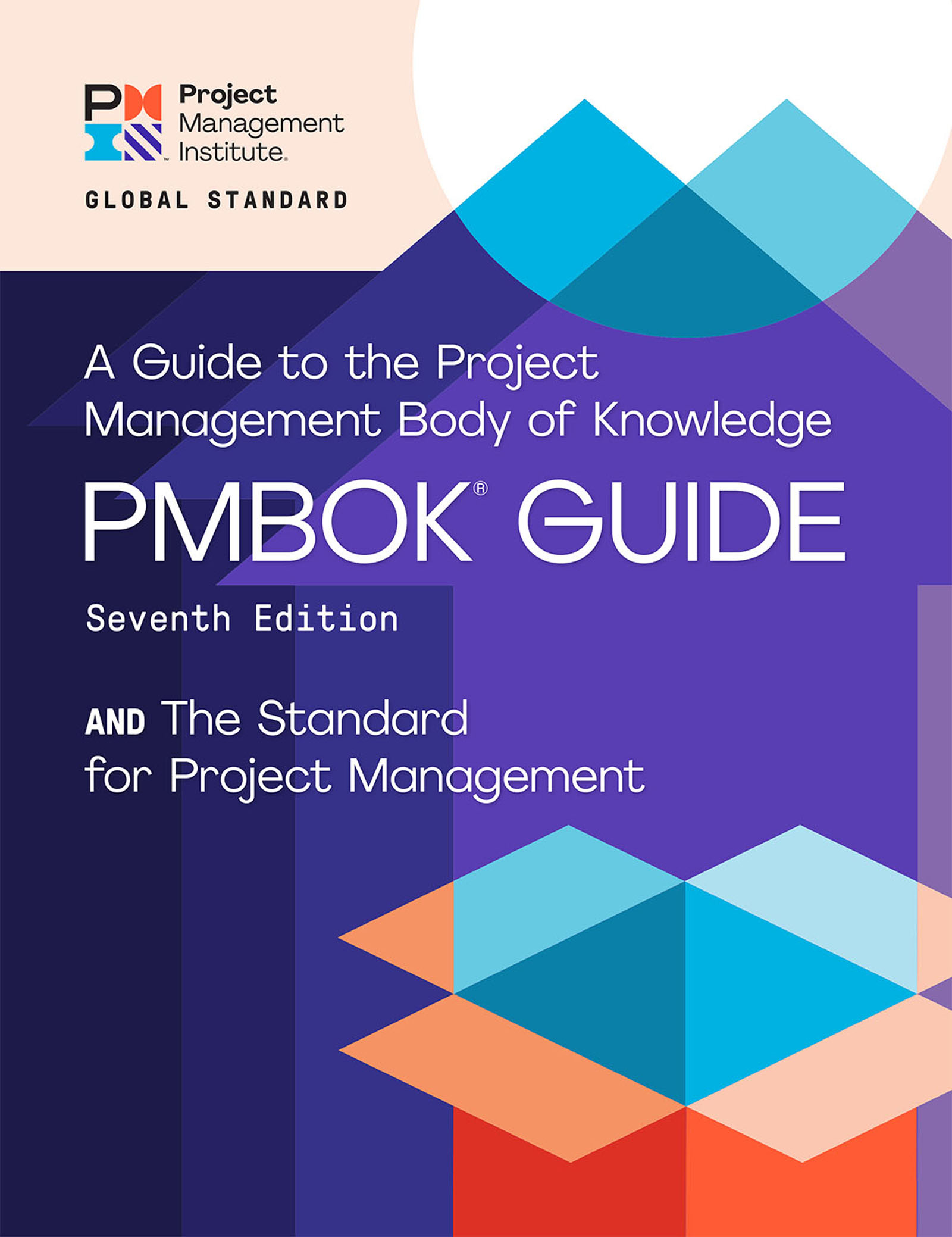The post-genomic era has brought new challenges and opportunities in all fields of the biology. In this context, several genome engineering technologies have emerged that will help deciphering genes function by as well as improve gene therapy strategies. Genomic modifications such as knock-in, knock-out, knock-down, sequence replacement or modification can today be routinely performed. However, in front of this large palette of methodologies scientists may experience difficulties to gather useful information’s scattered within the literature. This book aims to present the state of this field from basic mechanisms of site-directed modifications to their applications in a wide range of organisms such as bacteria, yeast, plants, insects, mammals. It will discuss the problems encountered when using the random integration strategy and present the recent advances made in targeted genome modification. Technologies based on Zinc Finger nucleases, Meganucleases, TALEN, CRE and FLP recombinase, �C31 integrase, transposases and resolvases are fully detailed with their strengths and weaknesses. All these information’s will help students and experienced researchers to understand and choose the best technology for their own purposes.












